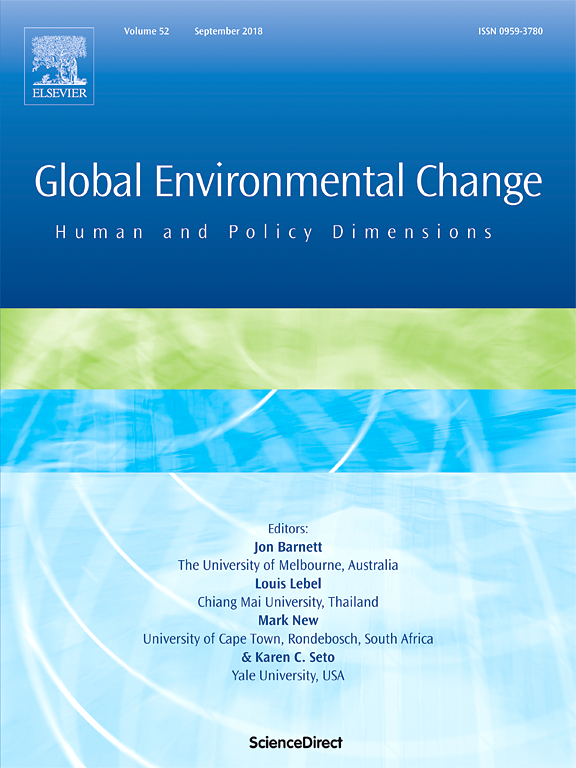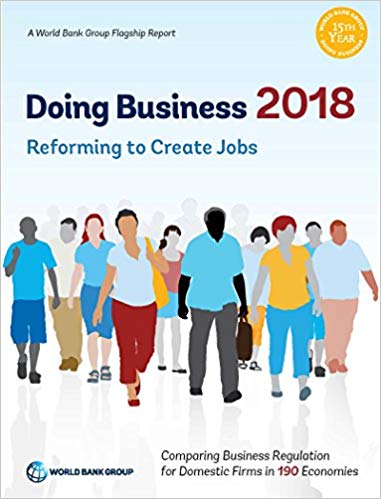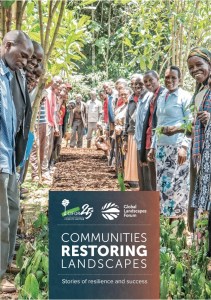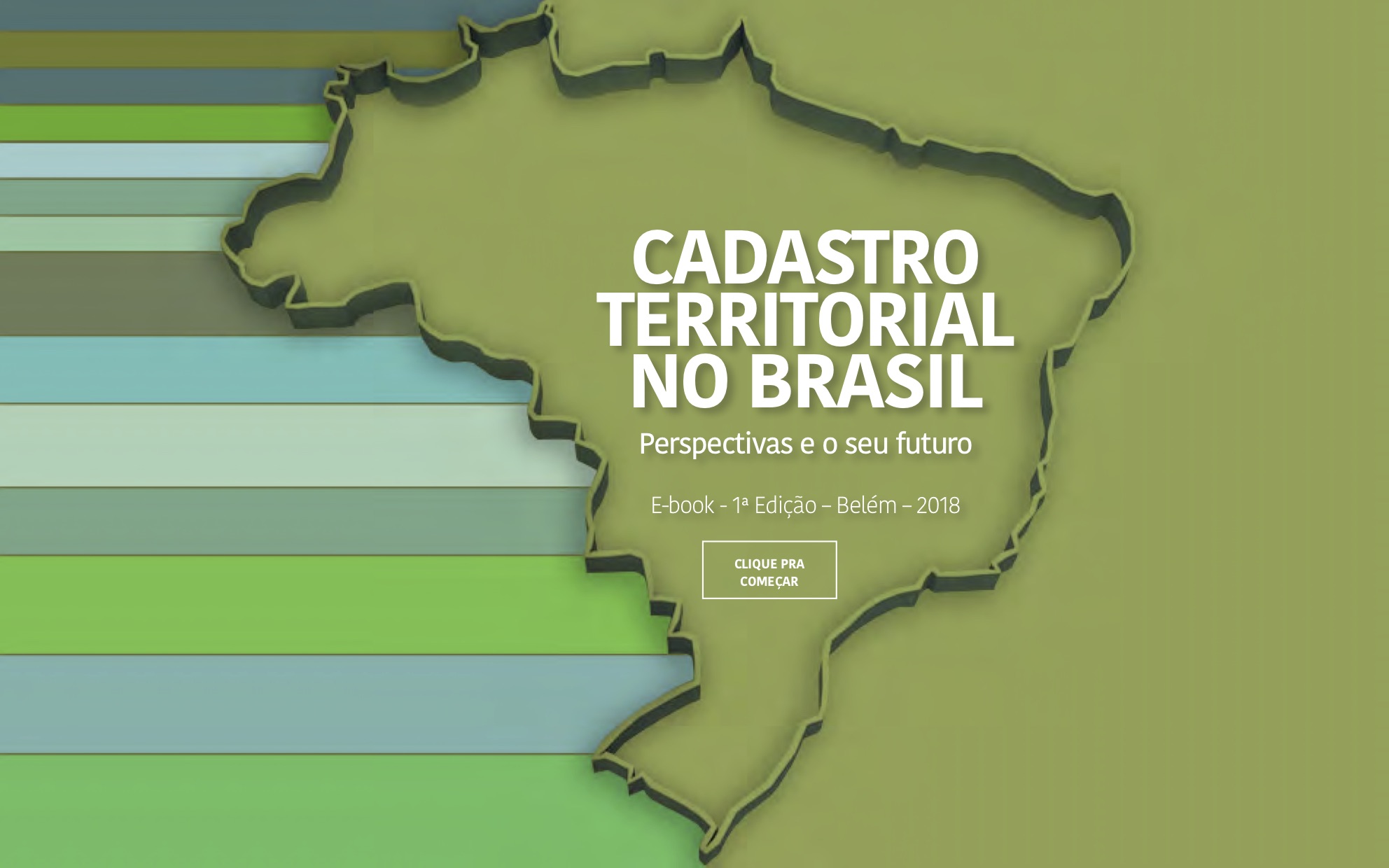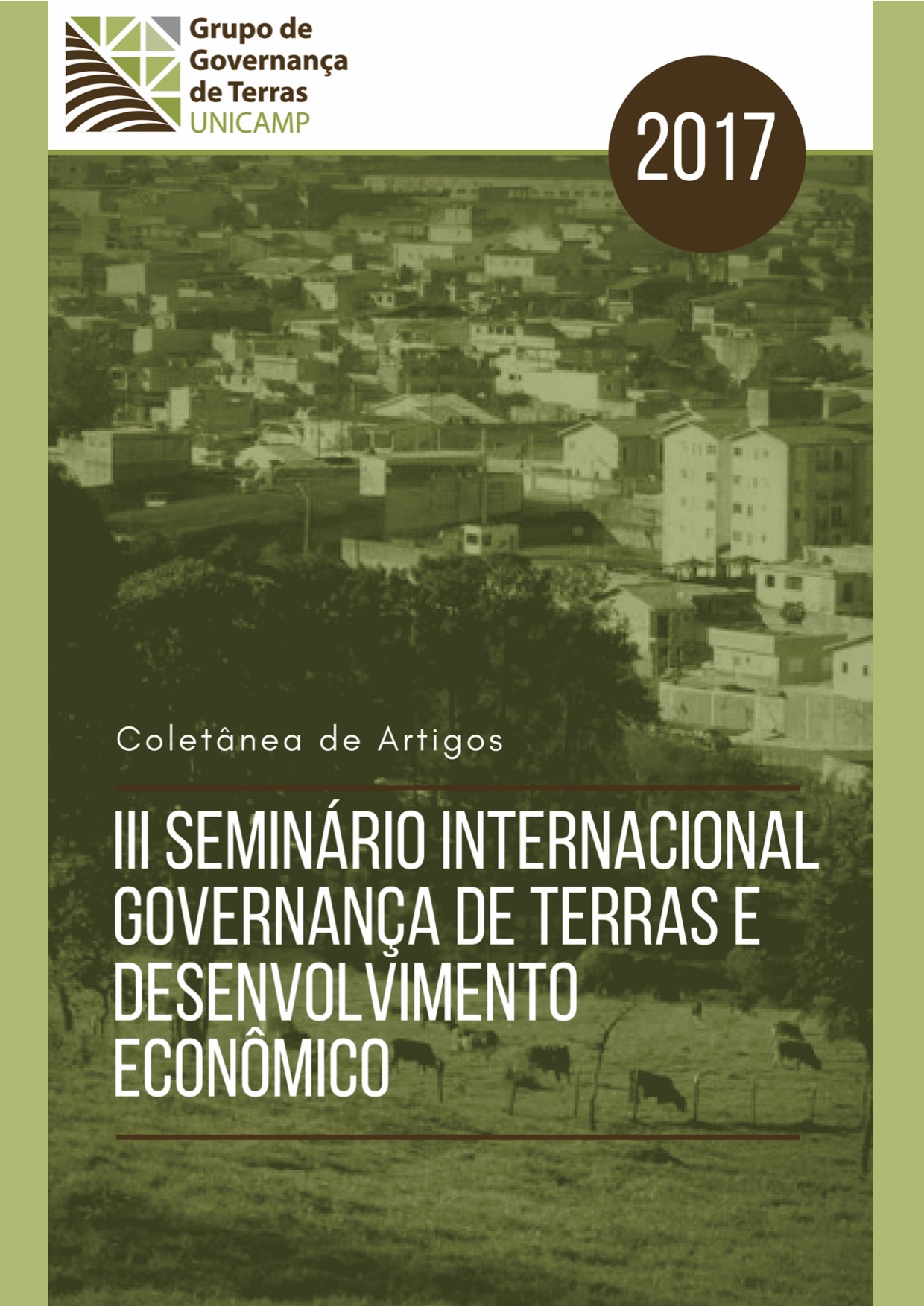Restoration to offset the impacts of developments at a landscape scale reveals opportunities, challenges and tough choices
When development impacts a broad landscape and causes the loss of multiple ecosystem services, decisions about which of these impacts to offset must be made. We use industrial oil-palm developments in Kalimantan and quantify the potential for restoration to offset oil-palm impacts on carbon storage and biodiversity. We developed a unique backcasting approach combined with a spatial conservation prioritisation framework to identify priority areas for restoration offsetting.

